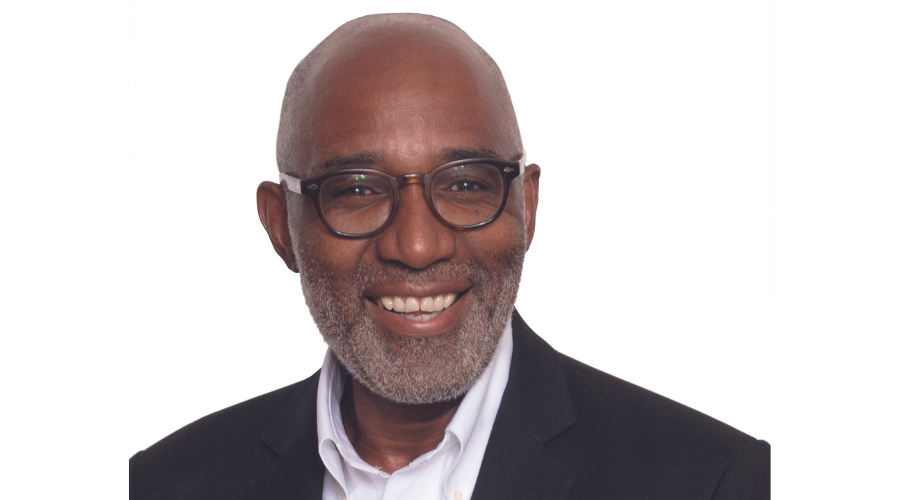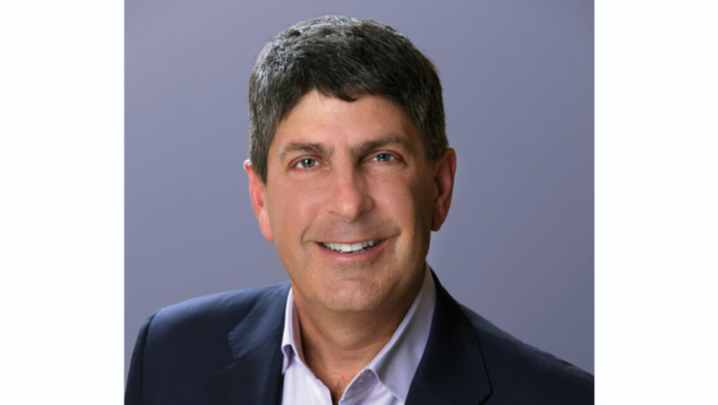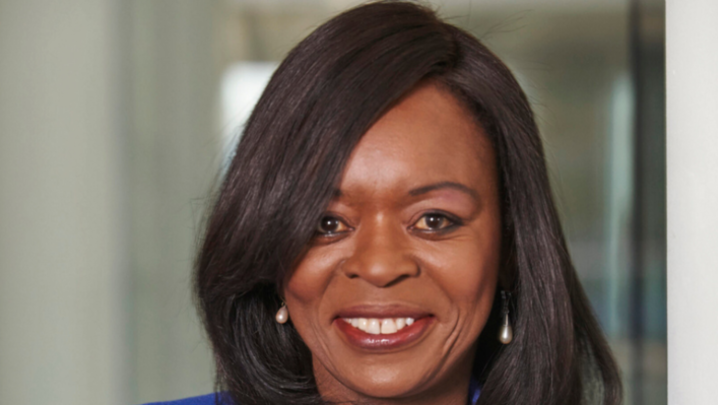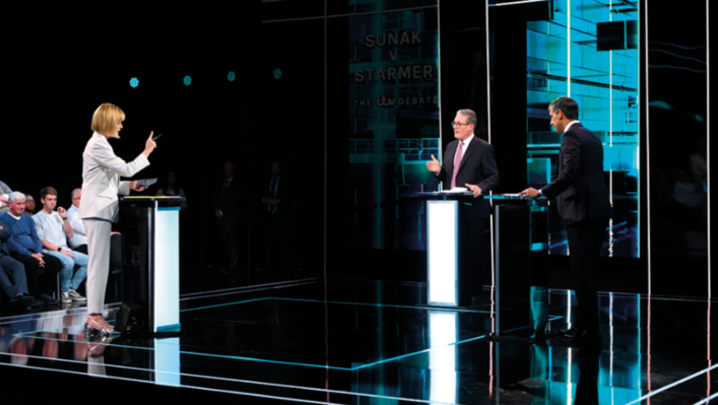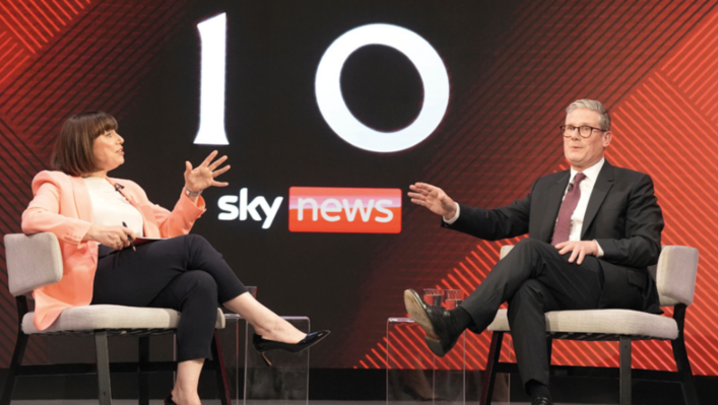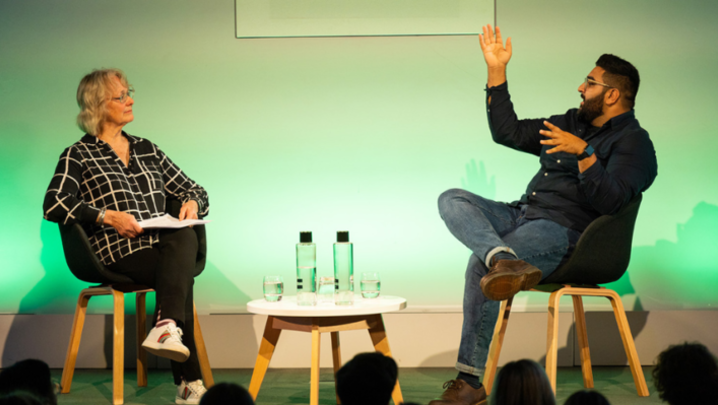Trevor Phillips returns to Guyana, where the locals are less than reverential about his TV career back in Britain
Over the New Year, a big birthday, celebrated by a return to my childhood home, Guyana. We spent a week in the rainforest, among the red howler monkeys, screaming pihas and spectacled caiman. Under the canopy, it’s a noisy, hostile environment, mostly populated by wild pigs, giant snakes and spiteful, buzzing insects. The gag about my Sunday-morning job interviewing politicians writes itself.
In the Arawak language, Guyana means “land of many waters”. The country’s most magnificent rivers rise in the Brazilian savannah, where you can still see vaqueros on horseback rounding up vast herds of cattle.
Few who live there need to watch David Attenborough’s wonderful programmes to feel the magic. They can just step out of their front door.
The Essequibo region is bigger than England and is once again being claimed by Venezuela’s bandit regime, no doubt to distract attention from the fact that a nation with the largest oil reserves in the world manages to starve its people.
I was reassured by schoolfriends, now in government, that, in the event of an invasion, I was unlikely to be conscripted. I was torn between relief and indignation. No one wants to be shot, even in defence of the motherland; but, come on, they don’t have to make it quite so obvious that they think you’re past it.
I was born in London. Like many Caribbean-heritage children of my generation who were just an extra mouth to feed, I was packed off “home” to what was then British Guiana before I could walk.
Growing up in a country with no TV industry, then or now, I missed many of the 20th century’s iconic TV moments: Neil Armstrong stepping on to the moon’s surface, the launch of News at Ten and the first sight of colour TV.
When I returned for university, in 1971, it took me weeks to work out that other students’ frequent mentions of Doug and Dinsdale Piranha were a reference to the Monty Python parody of the Kray twins.
Where I come from, these fish rarely receive pet names; the pirai, which is what we call the black piranha, can, it is said, strip the flesh from a cow in seconds. Wild swimming is never going to catch on.
Guyanese at home are proud of their many sons and daughters abroad but they can’t resist the temptation to mock us. Last time I was in Georgetown, the Mayor stopped by the restaurant where I was having lunch with some of my sisters to congratulate me on the “wonderful things I was doing in England”.
He urged me to stay involved in politics “in England”. In other words, don’t for one second imagine you can come back and tell us what to do, English boy.
Social media and YouTube enable Caribbean people to keep a sharp eye on the diaspora’s doings. A senior politician greeted me with a chuckle: “Love your show on Sky. Shame that you missed out on the Starmer interview yesterday. Never mind, Wilf Frost did an excellent job.” Twist the knife, why don’t you?
I returned to Sunday morning… on Sky News to learn that the builders are at our Millbank studio and we’d been turfed out to Osterley in west London. I like the Skyberia campus – it’s one of the few places where the Waitrose store imagines the standard snack for studio crew includes quails’ eggs with truffle mayonnaise.
But it’s a long way to go for politicians rooted in SW1. However, grumble as we might, I think it’s wise to concede defeat when battling for territory with a combo far more terrifying to politicians than anything the Venezuelans could ever muster: Sophy Ridge and Kay Burley.
Trevor Phillips is a Times columnist, chairs Index on Censorship and hosts Sky News’s Sunday Morning with Trevor Phillips.

